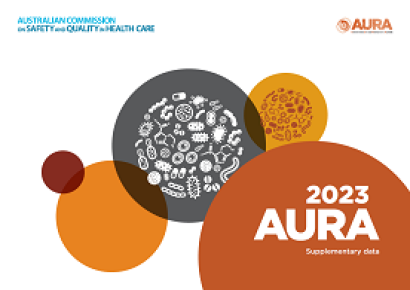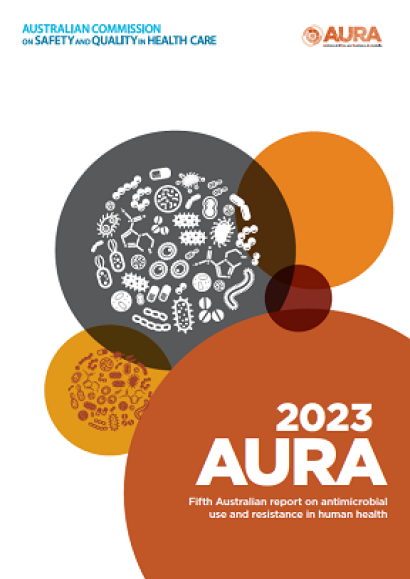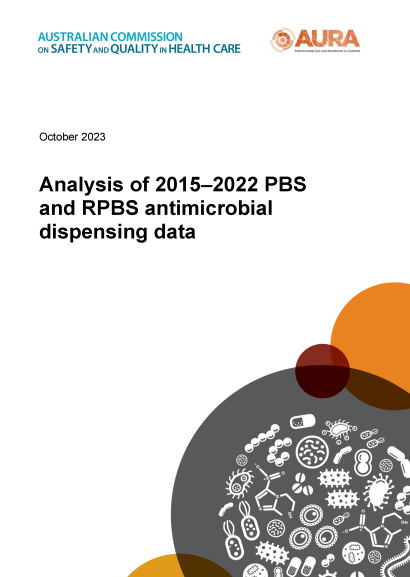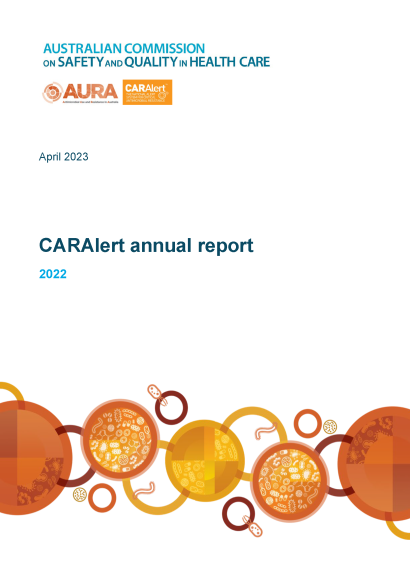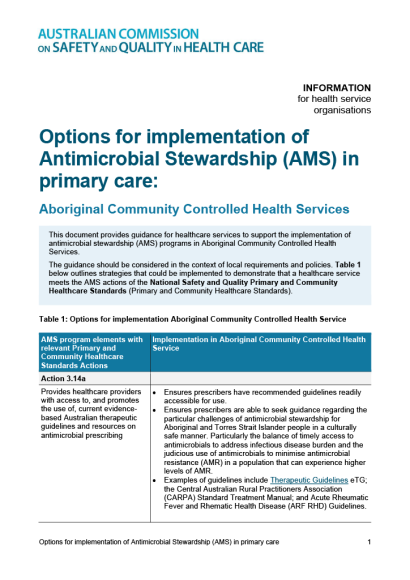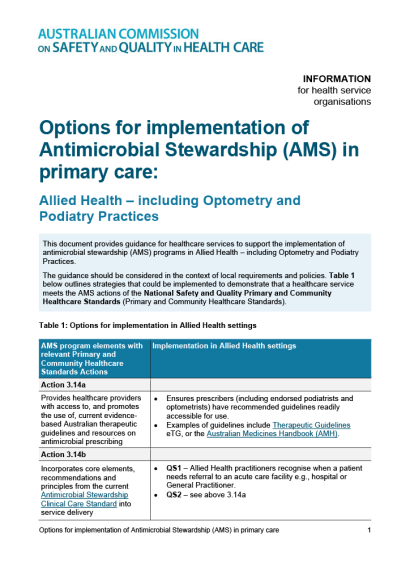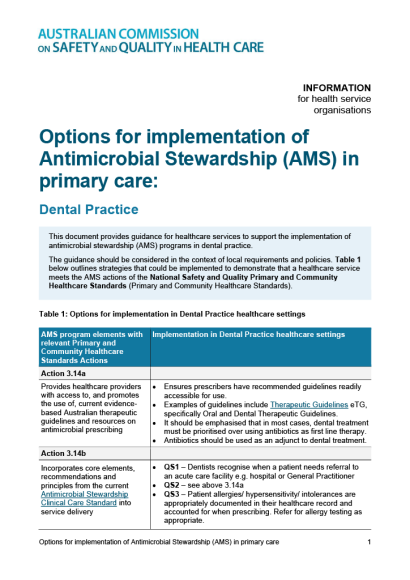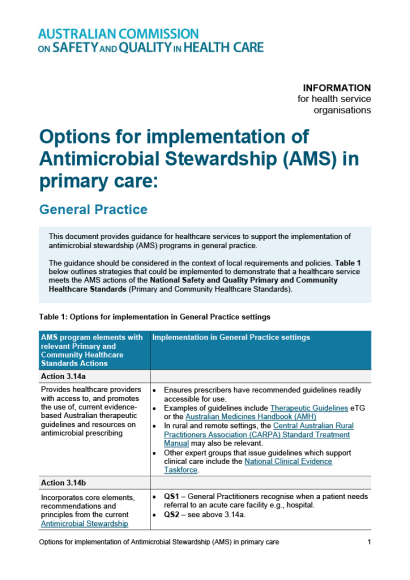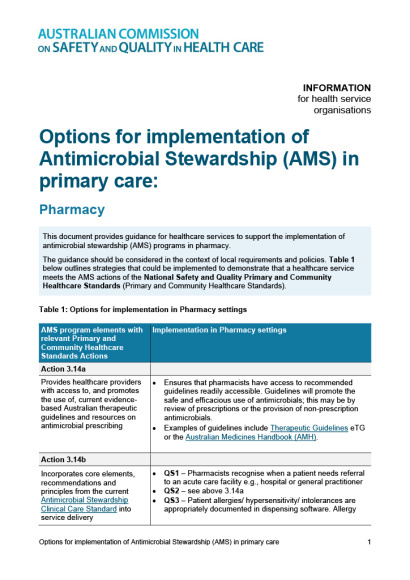The National Medicines Symposium (NMS) is an annual, cross-disciplinary event bringing together leading organisations, experts, clinicians, consumers and policymakers to discuss and debate key issues around quality use of medicines.
AURA 2023 includes data and analyses from 2020–2022 (primarily 2020–2021) and reports on patterns and trends in antimicrobial use and appropriateness and antimicrobial resistance in Australian acute and community healthcare settings.
Released on 16 November 2023.
The Australian Charter of Healthcare Rights is for everyone. We are endeavouring to provide translations of the Charter in many community languages. Currently the Charter is available in 32 languages in a printable A4 poster format.
The Commission is undertaking research into safety and quality in virtual care (telehealth), in acute health and primary healthcare settings.
Discover upcoming events that the Commission organises and supports. Access resources for key health awareness days.
The Commission has developed a series of resources on infection prevention and control (IPC) for aged care service providers and staff.
The Chronic Obstructive Pulmonary Disease Clinical Care Standard provides guidance to clinicians and healthcare services on managing chronic obstructive pulmonary disease. The standard was released on 17 October 2024.
Antimicrobial stewardship (AMS) is important in the care of children because administration of antimicrobials can have long term consequences for their health.

